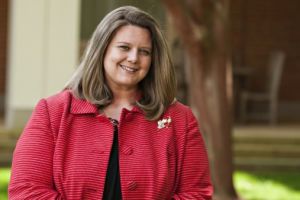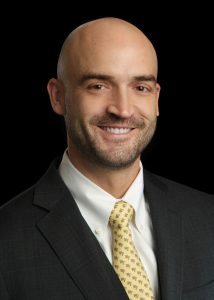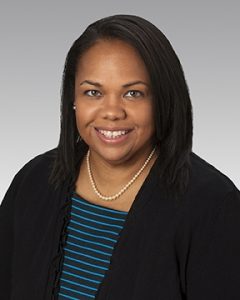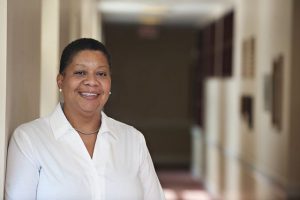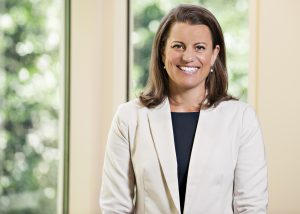7 Things Law Students Should Do Over Winter Break
Posted: November 16th, 2020
After a semester unlike any other, it’s no stretch to say that law students around the country are happily anticipating Thanksgiving & winter break. Exams and what may have been the toughest few months of your life are over…and that’s something to celebrate!
This year you have an extended winter break, which should give you plenty of time to prepare for next semester and the months ahead. By taking advantage of these precious weeks away from academic pressures, you’ll be putting yourself in the best position possible to hit the ground running in January and be ready for a successful summer or postgraduate job search.
1. Update your résumé
You have a whole semester of new experiences under your belt; make sure your law school résumé reflects that. Add any internship, externship, clinic, or other practical experience you gained over the semester. Volunteer/pro bono activities and research projects count too! Also add any accolades you earned or student activities you participated in—and don’t forget to note a leadership role if you had one.
Not sure what to include in your résumé or how to format it? Don’t be afraid to ask your career advisor; they can share resources and provide personalized résumé and cover letter review. (Hint: There are plenty of résumé & cover letter examples in the Career Planning Guide!)
2. Update your LinkedIn profile
Your LinkedIn profile is likely one of the first pages potential employers will see when they search for you online—and they will search for you. So use your newly updated résumé (see tip #1) to make sure your profile is up-to-date.
But you don’t want to just rehash your résumé on your LinkedIn profile; you should follow LinkedIn-specific best practices too: join groups related to your career interests; connect with new classmates, friends, professors, colleagues, and legal professionals you’ve met (virtually!) over the semester; and include a LinkedIn summary that sets you apart among law students.
3. Apply to jobs
Once your résumé and LinkedIn page are in great shape, you can use your winter break to further your job search. Block off a few afternoons to research companies and positions, work on cover letters, and submit applications to jobs or legal internships.
Check Symplicity jobs often, as well as other nationwide & statewide job search web sites. Target firms and organizations in your geographic area and legal field of interest.
4. Set up an informational interview
Informational interviews are a critical tool in your job search toolbox. And they don’t need to feel intimidating. 80% of our graduates report finding jobs through networking and referrals, and it’s usually an informational interview that kicked off the web of connections. You don’t need to have family members or other connections in the profession. Informational interviews are how you build connections – by finding people in the profession who you want to emulate, and asking them how they got there.
Spend some time this winter break researching alumni or other attorneys in your practice area and city of choice. Use the Wake Network to find law school alumni, or utilize the LinkedIn Alumni feature — a great place to identify and establish connections with fellow graduates from Wake Forest Law or from your undergrad school who are practicing law. If you are considering clerkships, review our list of Wake Forest Law & Faculty Law Clerks going back to 1990.
Once you have a list of folks you’d like to connect with, send them a short, respectful email to see if you can set up a virtual informational interview over the break.
5. Reconnect with old contacts and establish new ones
The holidays are a great time to reconnect with former employers and colleagues, as well as friends and family, in order to wish them well and update them on your academic and career progress.
Use virtual holiday parties or virtual open houses to catch up with old friends, relatives, and neighbors, and share your recent experiences, interests, and goals. You never know who has valuable contacts that could lead to internship or job opportunities.
For anyone you might not see in person, like an old boss, send a holiday card with season’s greetings and a brief update on what you’ve been up to in law school.
6. Reflect and plan ahead
Curl up with a cup of cocoa and really think about last semester: What went well? What went poorly? What do you wish you had done differently? What opportunities did you learn about that you’re excited to pounce on next semester? The end of the year is a great time for reflection, and that’s as true for law students as anyone.
Think about your goals for the future and steps you need to achieve them too. Mark important dates on your calendar, like Spring recruiting deadlines and virtual OCPD events you don’t want to miss. Think about ways to strengthen your time management techniques. Reach out to a friend to be your “accountability buddy” so you can help each other stay on track with studying or even maintaining healthy habits.
It’s never too late to make plans, set goals, and develop good habits.
7. Relax
Last but hardly least, winter break is your chance to catch up on a little rest and relaxation so that you feel rejuvenated upon your return to the Spring semester. Sleep in, catch up on your favorite TV shows, do some non-law school related reading, and spend quality time with your family and friends.
Best of luck and have a happy, productive, and safe winter break!
